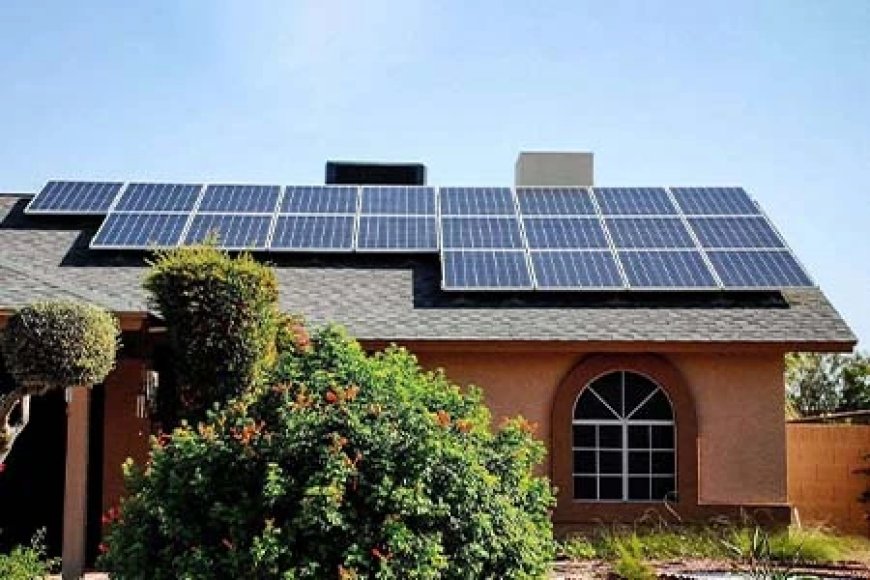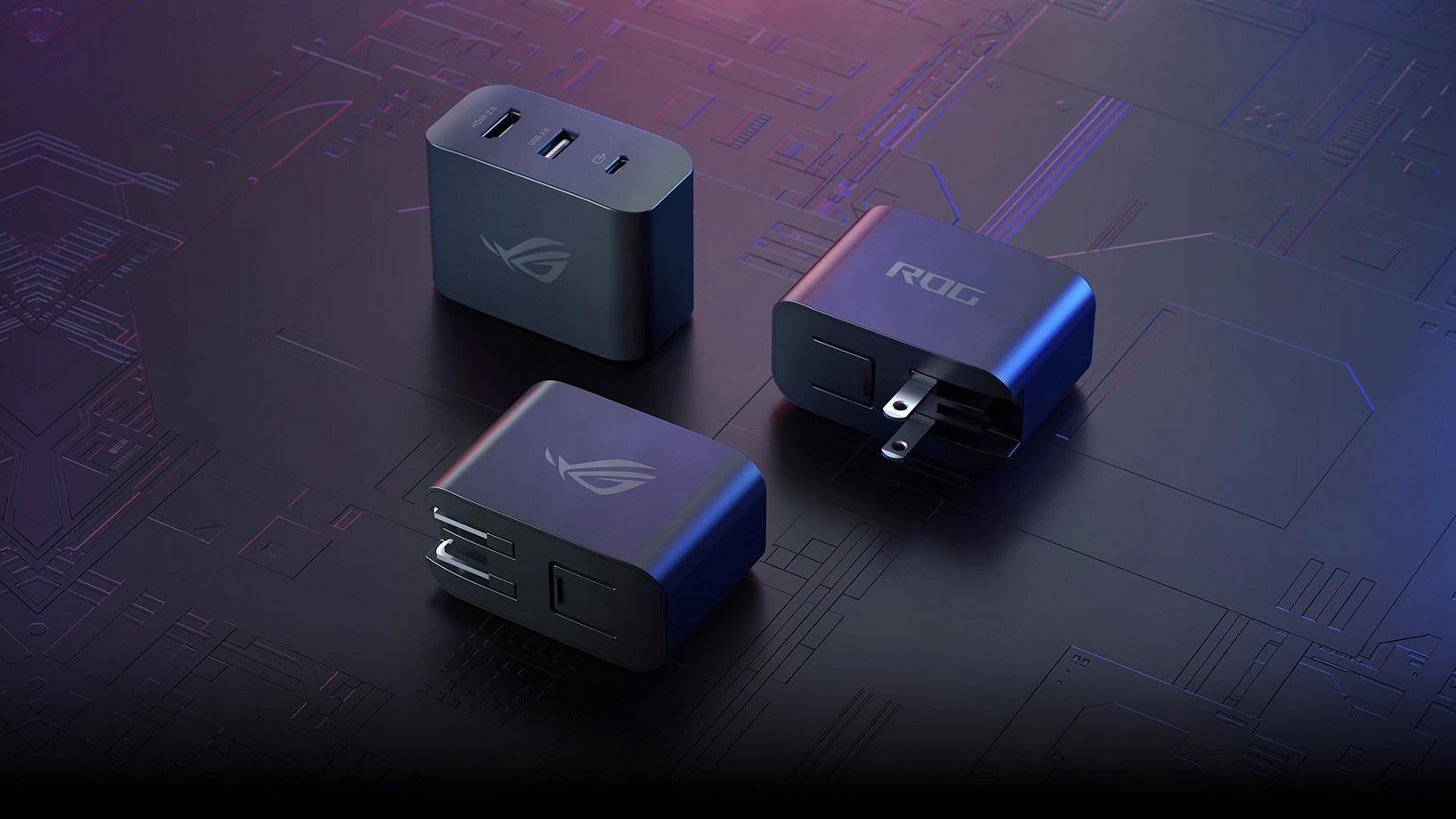Shine On: The Transformative Benefits of Residential Solar Panel Installation
Residential solar panel installation might be the answer you've been looking for. Solar energy is not just a trend; it's a sustainable solution that's here to stay.

Have you ever wondered how you could make a positive impact on the environment while also saving money? Residential solar panel installation might be the answer you've been looking for. Solar energy is not just a trend; it's a sustainable solution that's here to stay. By harnessing the power of the sun, homeowners can enjoy numerous benefits that go beyond just cutting down on electricity bills.
What Are Residential Solar Panels?
So, what exactly are residential solar systems? Simply put, they are devices that convert sunlight into electricity for your home. These panels are typically installed on rooftops and consist of photovoltaic cells that capture solar energy and transform it into usable power. The basic components include the solar panels themselves, an inverter to convert the energy into a usable form, and a monitoring system to track energy production.
The Rising Popularity of Solar Panels
Solar panels are becoming increasingly popular, and for good reason. According to recent statistics, the number of residential solar installations has skyrocketed in the past decade. More and more homeowners are recognizing the benefits of solar energy, driven by factors such as decreasing costs of solar technology, increasing electricity rates, and growing environmental awareness.
Environmental Benefits
One of the most compelling reasons to install solar panels is their environmental impact. Solar energy is a clean, renewable resource that significantly reduces carbon footprints. Unlike fossil fuels, solar power doesn't produce harmful emissions, leading to cleaner air and water. By choosing solar, you're contributing to a healthier planet for future generations. Goal Solar, an australian solar company, has been at the forefront of renewable energy solutions for over a decade.
Economic Advantages
Beyond the environmental benefits, solar panels offer substantial economic advantages. Imagine slashing your electricity bills by a significant margin. With solar energy, this becomes a reality. On average, homeowners can save hundreds to thousands of dollars annually. Additionally, having solar panels can increase the value of your property. Studies show that homes equipped with solar energy systems sell faster and at higher prices than those without.
Government Incentives and Rebates
If the savings on your electricity bills aren't enough, there are also numerous government incentives and rebates available to make solar panel installation even more attractive. The Federal Solar Investment Tax Credit (ITC) allows you to deduct a portion of your solar costs from your taxes. Many states and local governments also offer additional incentives, making it easier and more affordable to switch to solar.
Technological Advancements
The world of solar technology is constantly evolving. Advances in photovoltaic cell technology have led to more efficient solar panels that can capture and convert more sunlight into electricity. Innovations in battery storage mean that homeowners can store excess energy for use during cloudy days or at night, increasing the overall efficiency and reliability of solar energy systems.
Energy Independence
One of the often-overlooked benefits of solar energy is the sense of energy independence it provides. By generating your own electricity, you become less reliant on the grid and less vulnerable to power outages. During blackouts or natural disasters, solar-powered homes with battery storage can continue to have electricity, ensuring safety and comfort.
Installation Process
The installation process for solar panels is straightforward but does require careful planning. It typically involves an initial consultation to assess your energy needs and the suitability of your roof, followed by the design and permitting phase. The solar panel inverter is the heart of a photovoltaic system, converting the direct current (DC) generated by the solar panels into alternating current (AC) for use in the home or grid.
Maintenance and Longevity
Maintaining solar panels is relatively easy, which is a big plus for busy homeowners. Regular cleaning and periodic inspections are generally all that's needed to keep them in good working condition. Most solar panels come with warranties ranging from 20 to 25 years, ensuring that your investment is protected for the long term. With proper care, solar panels can last even longer, continuing to provide benefits for decades.
Common Misconceptions
Despite the many benefits, there are still some common misconceptions about solar energy. Some people believe that solar panels are too expensive or that they don't work well in cloudy or cold climates. However, advances in technology and falling prices have made solar panels more accessible than ever. Moreover, solar panels can still generate electricity on cloudy days and are effective in various climates.
Challenges and Considerations
While the benefits are clear, there are some challenges and considerations to keep in mind. Initial installation costs can be high, although financing options and incentives can help mitigate this. Additionally, not all roofs are suitable for solar panels due to shading or structural issues. It's essential to conduct a thorough assessment and work with a reputable provider to determine the best solution for your home.
Future of Solar Energy
The future of solar energy looks incredibly bright. As technology continues to advance, we can expect even more efficient and affordable solar solutions. Innovations such as solar tiles and more powerful battery storage systems are on the horizon. The growing emphasis on sustainability and the increasing cost of traditional energy sources will likely drive even greater adoption of solar energy, potentially transforming the energy landscape as we know it.
Conclusion
In conclusion, residential solar panel installation offers a myriad of benefits that make it a smart choice for homeowners. From environmental advantages and economic savings to energy independence and future potential, solar energy is a transformative solution. If you're considering making the switch, now is the perfect time to shine on and harness the power of the sun.
FAQs
What is the average cost of installing residential solar panels?
The average cost of installing residential solar panels can vary widely based on factors like location, system size, and available incentives. Generally, costs range from $15,000 to $25,000 before incentives.
How long does it take for solar panels to pay for themselves?
On average, solar panels pay for themselves within 6 to 10 years, depending on the system size, local energy rates, and available incentives.
Can solar panels work during cloudy or rainy days?
Yes, solar panels can still generate electricity on cloudy or rainy days, although their efficiency may be reduced compared to sunny days.
What happens if my solar panels produce more energy than I use?
If your solar panels produce more energy than you use, the excess energy can often be sent back to the grid, and you may receive credits from your utility company.
How do I choose the right solar panel system for my home?
Choosing the right solar panel system involves assessing your energy needs, roof suitability, and budget. It's important to work with a reputable solar provider to determine the best system for your home.
What's Your Reaction?
 Like
0
Like
0
 Dislike
0
Dislike
0
 Love
0
Love
0
 Funny
0
Funny
0
 Angry
0
Angry
0
 Sad
0
Sad
0
 Wow
0
Wow
0












































